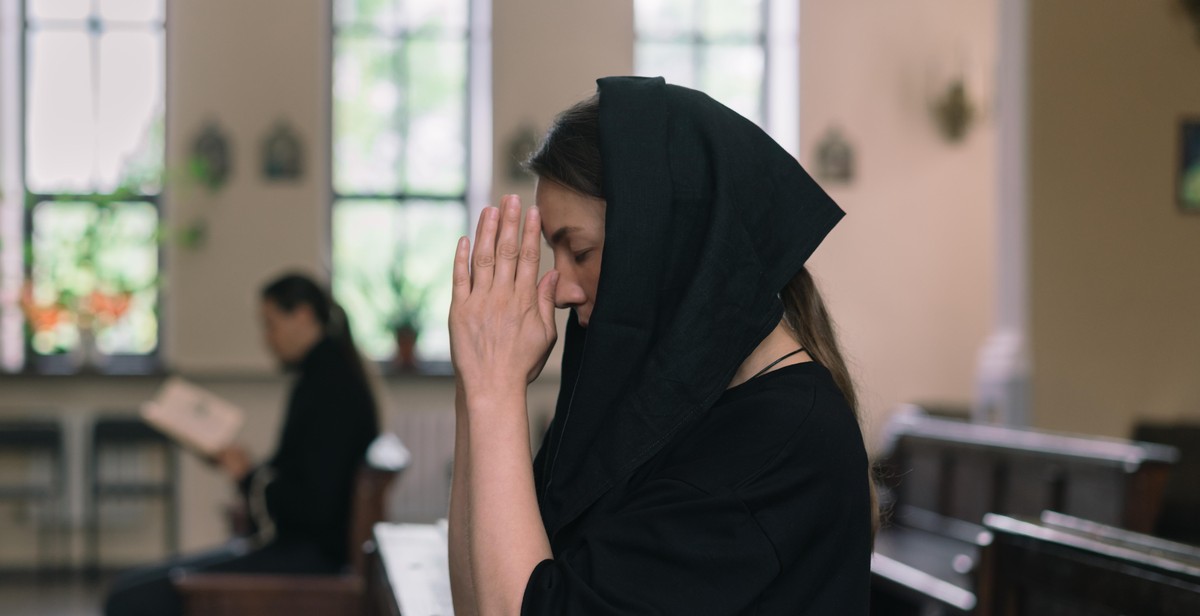The Psychology Behind Conspiracy Theories: Why People Believe
Conspiracy theories have been around for centuries, and with the rise of social media, they have become more prevalent than ever. From claims that the moon landing was faked to the belief that the government is hiding evidence of extraterrestrial life, conspiracy theories can be found on almost any topic. But why do people believe in them?
As a professional article writer and content creator with years of experience researching and writing about the human mind, I have come to understand the psychology behind conspiracy theories. In this article, I will delve into the reasons why people believe in conspiracy theories, the impact they can have on individuals and society, and how we can combat the spread of misinformation.
What are conspiracy theories?
Before we dive into the psychology behind conspiracy theories, let’s first define what they are. Conspiracy theories are beliefs or explanations that suggest a group of people or organizations are secretly working together to carry out a harmful or illegal act. These beliefs are often based on limited or incomplete information and are not supported by mainstream science or evidence.
Some of the most popular conspiracy theories include the belief that the government was involved in the 9/11 attacks, that vaccines are harmful and can cause autism, and that the COVID-19 pandemic was created in a laboratory.
What are Conspiracy Theories?
Conspiracy theories are beliefs or explanations that suggest a group of people or organizations are secretly working together to achieve a specific goal that is usually sinister or harmful to the general public. These theories often lack credible evidence or are based on misconceptions, misinformation, or misinterpretation of facts.
Conspiracy theories are not new, and they have been around for centuries. However, the rise of the internet and social media has made it easier for these theories to spread and gain traction among people. Many conspiracy theories are born out of fear, distrust, and suspicion of the government, corporations, and other powerful entities.
Examples of Conspiracy Theories
There are countless conspiracy theories out there, but some of the most popular ones include:
- The 9/11 attacks were an inside job orchestrated by the US government
- The moon landing was faked by NASA
- The Illuminati, a secret society, controls world affairs
- Vaccines cause autism and are part of a government plot to control the population
- The COVID-19 pandemic was planned and created by governments or corporations for financial gain or to control the population
Despite the lack of credible evidence to support these theories, they continue to gain popularity among some people. Conspiracy theories often thrive on confirmation bias, where people selectively interpret information that confirms their beliefs while ignoring or dismissing evidence that contradicts them.
In conclusion, conspiracy theories are beliefs or explanations that suggest a group of people or organizations are secretly working together to achieve a specific goal that is usually harmful or sinister. They are often based on misconceptions, misinformation, or misinterpretation of facts and thrive on confirmation bias.

Why Do People Believe in Conspiracy Theories?
Conspiracy theories have been around for centuries, and they continue to have a strong influence on people’s beliefs and behaviors. While some conspiracy theories have been proven to be true, many others are based on misinformation, false assumptions, and cognitive biases. Here are some of the reasons why people believe in conspiracy theories:
Cognitive Biases
Cognitive biases are mental shortcuts that our brains use to simplify complex information and make decisions quickly. However, these biases can also lead to errors in judgment and perception. For example, confirmation bias is the tendency to seek out and interpret information that confirms our existing beliefs, while ignoring or dismissing information that contradicts them. This can lead people to accept conspiracy theories that support their preconceived notions and dismiss evidence that refutes them.
Need for Control
Many people have a strong need for control over their lives and the world around them. When faced with uncertainty or chaos, conspiracy theories can provide a sense of order and understanding. Believing in a conspiracy theory can make people feel like they have uncovered hidden knowledge and are part of a select group that is in the know.
Need for Understanding
Humans have a natural curiosity and desire to understand the world around them. Conspiracy theories can provide a sense of explanation for events that are difficult to understand or explain. They can also provide a sense of comfort by attributing events to a clear cause, rather than accepting the randomness of the world.
Group Identity
Believing in a conspiracy theory can also be a way to establish a sense of group identity and belonging. Conspiracy theories often attract like-minded individuals who share similar beliefs and values. This can create a sense of community and camaraderie among believers, which can be appealing to people who feel isolated or marginalized.
Mistrust of Authority
Many people have a natural distrust of authority figures, such as government officials and experts. Conspiracy theories often play into this mistrust by portraying these figures as part of a larger, sinister plot to control the population. Believing in a conspiracy theory can be a way to resist authority and assert one’s own independence and autonomy.
| Cognitive Biases | Need for Control | Need for Understanding | Group Identity | Mistrust of Authority |
|---|---|---|---|---|
| Confirmation bias | Sense of order and understanding | Explanation for difficult events | Establishment of group identity | Mistrust of government officials and experts |
Overall, there are many reasons why people believe in conspiracy theories. These beliefs can provide a sense of control, understanding, and community, while also playing into cognitive biases and mistrust of authority. Understanding these factors can help us better understand why conspiracy theories are so appealing to some people, and how we can effectively address and counter them.

The Social Implications of Conspiracy Theories
Conspiracy theories have far-reaching social implications that can have negative consequences on individuals and society as a whole. Here are some of the most significant implications:
Polarization and Divisiveness
Conspiracy theories can create division and polarization within society by pitting people against each other. When people believe in conspiracy theories, they often see those who do not believe as part of the problem. This can lead to a breakdown of trust and communication, making it difficult for people to work together towards common goals.
Furthermore, conspiracy theories can create a sense of us vs. them, where people who believe in the theory feel like they are part of a special group that is privy to secret information. This can lead to a sense of superiority and a reluctance to listen to opposing viewpoints.
Undermining Trust in Institutions
Conspiracy theories can erode trust in established institutions such as governments, the media, and scientific organizations. When people believe that these institutions are part of a larger conspiracy, they may be less likely to trust their information and guidance. This can lead to a breakdown in society’s ability to function and make informed decisions.
Furthermore, when people do not trust institutions, they may be more likely to turn to alternative sources of information that may not be reliable or accurate. This can further perpetuate conspiracy theories and lead to a cycle of mistrust.
Promoting Dangerous Behaviors
Some conspiracy theories can promote dangerous behaviors that can harm individuals and society. For example, conspiracy theories that promote anti-vaccination beliefs can lead to a decrease in vaccination rates, which can lead to the spread of preventable diseases. Similarly, conspiracy theories that promote violence or extremist beliefs can lead to acts of terrorism or other forms of violence.
Overall, the social implications of conspiracy theories are significant and should not be ignored. It is important for individuals and society as a whole to be aware of these implications and work towards promoting accurate information and critical thinking.

How to Respond to Conspiracy Theories
When confronted with a conspiracy theory, it can be tempting to dismiss it outright or become defensive. However, a more productive approach is to respond with empathy and understanding, while also focusing on evidence and promoting critical thinking.
Empathy and Understanding
It’s important to remember that people who believe in conspiracy theories often feel marginalized or mistrustful of authority. Responding with empathy and understanding can help to build trust and create a more productive dialogue.
- Listen attentively to their concerns and beliefs
- Acknowledge their feelings and experiences
- Avoid being dismissive or condescending
Focusing on Evidence
One of the most effective ways to respond to conspiracy theories is to focus on evidence. Encourage the person to critically examine their beliefs and consider alternative explanations.
- Ask for evidence to support their claims
- Provide evidence to challenge their beliefs
- Encourage them to consider alternative explanations
Promoting Critical Thinking
Conspiracy theories often rely on flawed logic and unfounded assumptions. Encouraging critical thinking can help to dismantle these beliefs and promote a more rational approach to understanding the world.
- Encourage them to question their assumptions
- Teach them how to evaluate sources and evidence
- Encourage them to consider multiple perspectives
